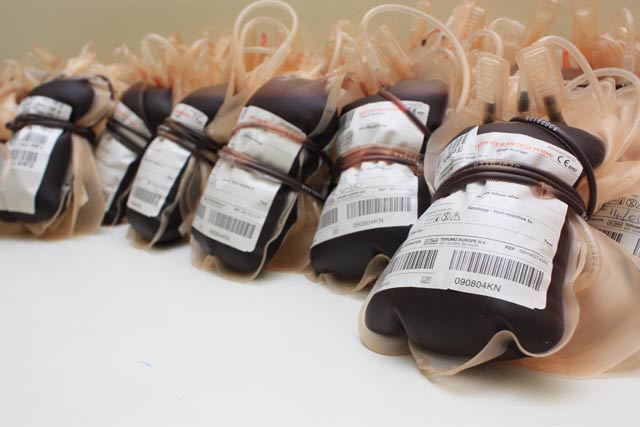The World Health Organisation (WHO) representative in Botswana, Dr Tebogo Madidimalo has said urgent access to safe supplies of blood for transfusion is critical to saving the lives of mothers. Speaking at the Blood Donation Day over the weekend, he said severe bleeding during pregnancy, delivery or after birth is the single biggest cause of maternal death that can kill a healthy woman within two hours if she is unattended.
He revealed that everyday almost 800 women die worldwide from causes related to complications of pregnancy and childbirth. He said if all obstetric facilities provided safe blood for transfusion, many of these mothers’ lives could be saved, thus WHO urged countries to improve access to safe blood to save the lives of mothers.
He said in many low and middle-income countries, blood is critically inadequate, noting that Sub-Saharan Africa, which has the highest maternal mortality rate in the world at 510 deaths per 100, 000 live births, also has the lowest blood donation rates.
“In low and middle-income countries, a high proportion of blood supplies are needed for the management of complications of pregnancy and childbirth as well as for treating severe childhood anemia. In high income countries, blood transfusion is most commonly used in heart surgery, transplant surgery, trauma and cancer therapy,” he said.
According to Botswana Maternal Mortality Ratio (MMR) 2008-2012 conducted by Statistics Botswana and the Ministry of Health (MoH), the country has experienced a decrease from 188.9 to 147.9 per 100, 000 live births between 2011 and 2012 in the country. It also shows that the most common cause of maternal death was immediate postpartum hemorrhage.
Principal Registered Nurse at Princess Marina Hospital (PMH), Kelebogile Molatlhegi stressed the importance of access to safe blood transfusion and said it is not only used to save lives of mothers who have lost blood during surgery but also victims of road accidents, burns patients and those going through major surgery among others.
“The inadequate blood supplies have compelled the Ministry of Health to open a clinic in PMH to serve patients who have scheduled operations. These patients donate blood for themselves four to five weeks before operations. Proper screening tests and assessments are done to determine their eligibility to donate. The donation is scheduled and conducted by a nurse in the clinic then blood undergoes the normal testing and processing for quality purposes,” she said. She said the clinic has collected 101 units of blood since it opened last year August.

